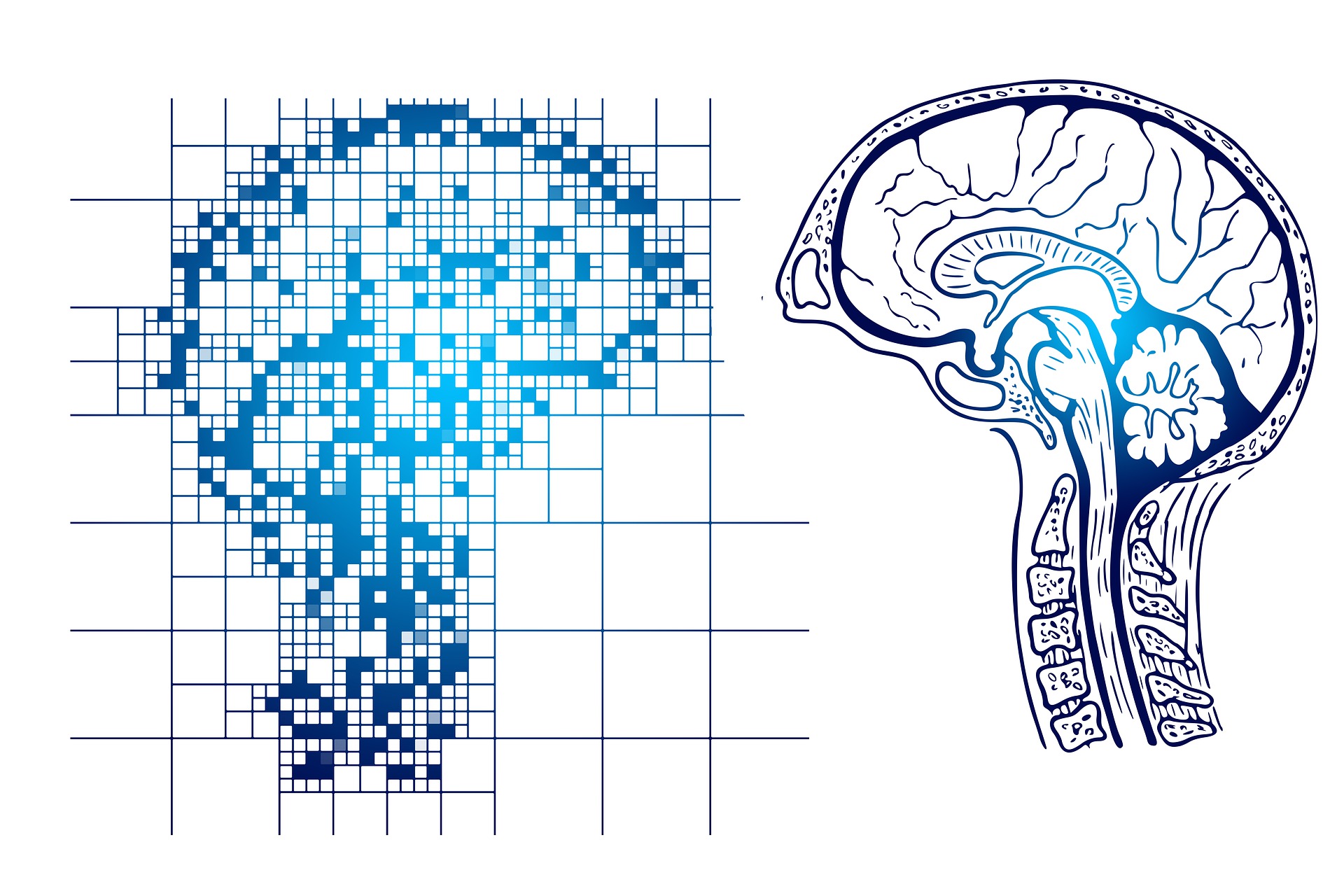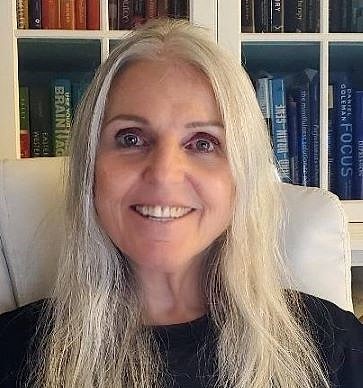How do addictions start?
Some addictions are physical and others are psychological, but over time, it affects both your body and mind. Addictions are repetitive and become hardwired so to speak which involves perpetuating it and making it harder and harder to stop it. There is not one single answer for how addictions start because each person is different and unique in how they respond in their brain, body and mind to the stimulus.
The fact that you are reading this might be because you are interested in taking back your own inner space and be free from the addiction. You desire the feeling of being at home within yourself and it is a motivation for you, at least some of the time. There is a call back to being your true self that is attracting you, and you are responding to that on and off.
It is when we are too full of stress, sadness and anger that we create something external or numbing to avoid being with our self. What we do in an addiction is try to escape from our self. When it seems to work we become obsessive about engaging it whatever it is that takes our mind off of the emotions and thoughts we don’t want to feel or remember. This repetition of the addiction that feels good because it relieves us, gets hardwired into our brain and body over time, making it much more difficult to let go of it.
It doesn’t take but a few repetitions for some addictions to take us hostage because of the chemical reaction that they can stimulate in our brain. For example, cocaine, opioids, heroine, orgasm, shopping, porn, social media and foods that manufacturers insert crave-inducing chemical ingredients into.
We use our addictions to keep us out of the body or to calm the mind, anything not to be present.
It can be so uncomfortable to be present with ourselves, and others, that we believe we cannot tolerate it. But that isn’t true.
I don’t work with substance abuse, drugs and alcohol. They require special training and often medical intervention. Please note I won’t be referring to them in the recommendations below. I highly recommend that you seek professional help to stop substance addictions. It will be much safer and easier, although not easy, for you to do that. Call your M.D. or your county’s mental health department for referrals. An AA or Narco meeting is another source of help and could also make recommendations to professional services in your area.
That said, it’s difficult to stop other addictions alone too, but it’s certainly possible and happens every day so don’t give up on yourself. Prevent yourself from being around the stimulus, that is important. Stop engaging in your unwanted response, whether it be behavioral acting out the addicted response or stopping your thoughts. Going cold turkey (remember, we are not including substance abuse addictions in here) is shown to be quite effective, when immediately followed by replacing the urge each time with a wanted or neutral behavior or thought you’ve prechosen to use in these circumstances. Use the same replacement each time to help your rain help you.
Mindfulness-based therapy is one way that I can help you with this. Also contemplative practices that calm you and give you something to fill the time made available by not engaging in your addiction have been shown to be of benefit while overcoming addictions and after. These would include meditation, T’ai Chi, Q Gong, yoga, marshal arts, making art like painting, drawing and pottery to name a few.
The most important thing is to find what works for you and then keep doing it. After a period of time your body and mind won’t want it like it once did. The pull of the addiction to act in a certain way and have thoughts about it will lessen and shift away as you process what you’ve been blocking, and as you stop the habit from getting stronger while replacing it with a different and desirable response.





